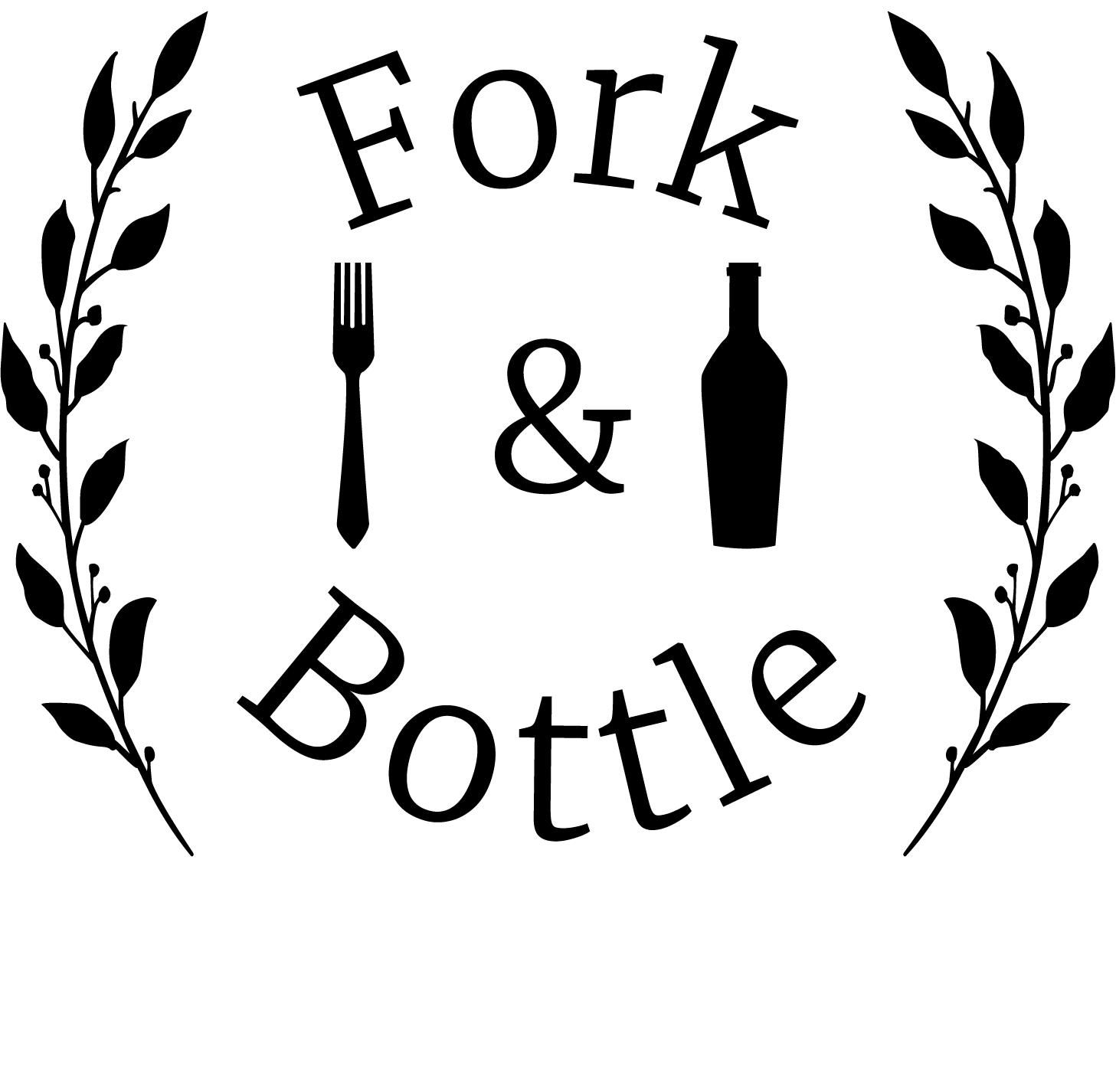All About Wine Corkage & Corkage Fees
The ABC's and Frequently Asked Questions (FAQ) about Corkage
What is Corkage?
Corkage is a per bottle fee that a restaurant charges a customer who brings their own wine to be consumed at that restaurant. This isn't allowed in the majority of restaurants in the country, but it's very common/normal in Northern California.
Why do restaurants charge Corkage fees?
The corkage fee covers service (but not tips/service charge), wine glass breakage/rental and some of the lost revenue from not selling a wine off the restaurant's list. Keep in mind that restaurants are in the business to make money and wine is perhaps their biggest profit center; in most circumstances, a $20 corkage fee is not at all unreasonable.
Typical Corkage Fee
Many restaurants charge $10-$20 but the actual range is everywhere from free (sometimes called BYOW restaurants) to $75 (very high end places, like The French Laundry). A high corkage fee is in place to discourage you from bringing wine and/or to make sure the restaurant profits when you do so.
Corkage Fees are Sometimes Waived
Some restaurants have a policy of buy one bottle, get one corkage fee waived. Sometimes there are $0 corkage nights. It is also possible that they're waived completely, often depending on how friendly you are with the owner/wait staff of the restaurant, or if you really brought a special bottle. That 1962 Haut-Brion is less likely to get a corkage fee than a 1997 Silver Oak. Sharing the wine with one or more members of the restaurant may lead to having the fee waived, too.
Bottle Limits
Some restaurants limit you to bringing two bottles.
Three general rules apply!
• Never bring a wine already on the restaurant's wine list. Most won't open a bottle on their list. Many restaurants offer a copy of their wine list online.
• Don’t bring a cheap/grocery store wine. The idea is to bringing a special wine.
• Tip as if you purchased the wine at the restaurant (so you will have to make your best guess), adjusting for corkage cost.
My own, fourth rule would be
• Do not bring wine to a restaurant with a very good wine list unless it's a very special wine. It’s important to reward the restaurants that make the effort to have a strong wine list, especially those which price them fairly.
Bringing Wine to a Casual Restaurant (rather than a Fine Dining Restaurant)
Your wine doesn't need to be so special. Many casual restaurants have miserable wine lists (i.e., 100% industrial wine, sometimes with ridiculous markups) and why should you drink overpriced plonk to go with the restaurant's good food? Even in Wine Country, I often bring a non-oaked French or Italian white to go with seafood, as most California whites (which dominate local wine lists) lack sufficient acidity.
Table Etiquette
Although you can wait a bit, I think it's best to place the wine your brought on your table so that the wait-staff can't miss seeing it. You should always ask for the wine list and double-check to make sure the wine(s) you've brought are not on their list.
Otherwise, treat your bottles just as if they came from the restaurant. Ask to have them decanted if you wish. You should receive decent stemware, if not ask for it. Some restaurants maintain two sets of glassware.
If you've brought a special wine, it's considered very nice to share a taste with a person at the restaurant, such as an enthusiastic sommelier, manager or even your waiter. It is not at all required, and certainly you do not have to offer.
What is a "Special Wine"?
While there are no definitive parameters, a special wine should be an older wine not easily available, a bottle purchased under special circumstances or received as a gift, or an unusual wine.
Uncertain?
Ask the restaurant. All restaurants should gladly answer such questions over the phone.
New York City Restaurants BYO List
Chicago Restaurants BYOB Book
Corkage for Groups
If your group is 8+ and multiple bottles will be brought to the restaurant, it’s best to call first. Inquire as to whether the restaurant is amenable to a large group with many bottles and if they would consider a reduced corkage fee. You should have all of the issues of glasses per person, number of bottles and total corkage fees, resolved before entering the restaurant.
You might offer to bring your own wine glasses (we do this if the restaurant doesn't have enough decent stemware), which may help in getting the corkage reduced. Be prepared that some restaurants will not reduce the corkage or will not be able to supply sufficient glassware for a large group.
What if you brought a wine already on the wine list?
If the bottle your brought hasn't already opened, take it off the table and order whatever wine your want from the wine list.
If the bottle has been opened and poured, apologize to the sommelier, telling him or her that you didn't realize it was on their wine list.
Zagat has a some BYO or BYOB showing restaurants that do corkage in New York, Philadelphia, San Francisco, Boston and Chicago. Here’s the New York link.
Which States is it illegal to BYO wine?
This is really hard to determine, but I believe it is illegal in Colorado, Maine, New Mexico and Ohio. And others, I assume. In Arizona, a restaurant needs a BYOB license.

